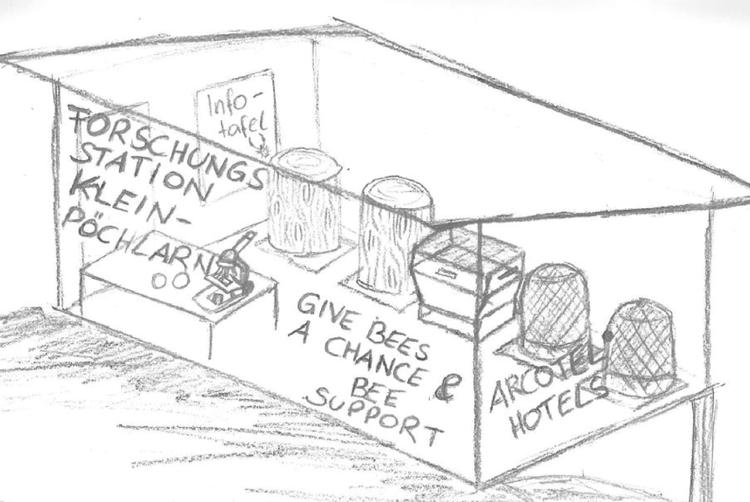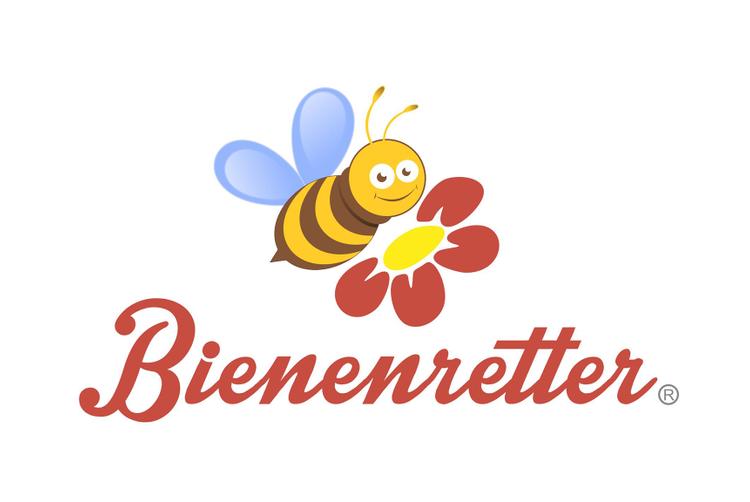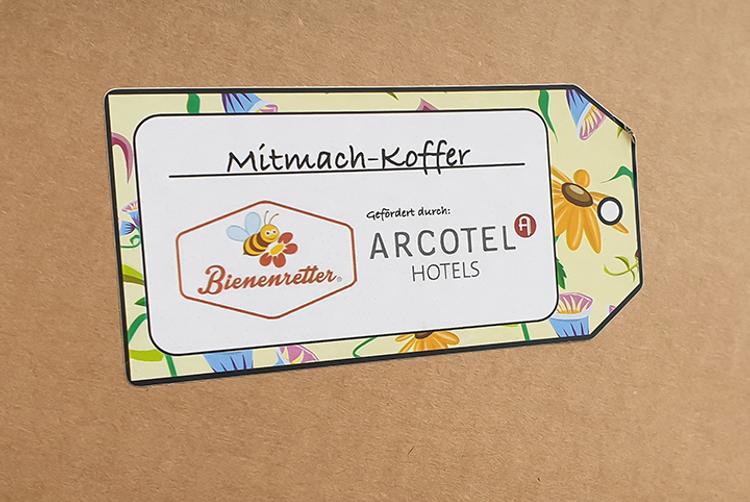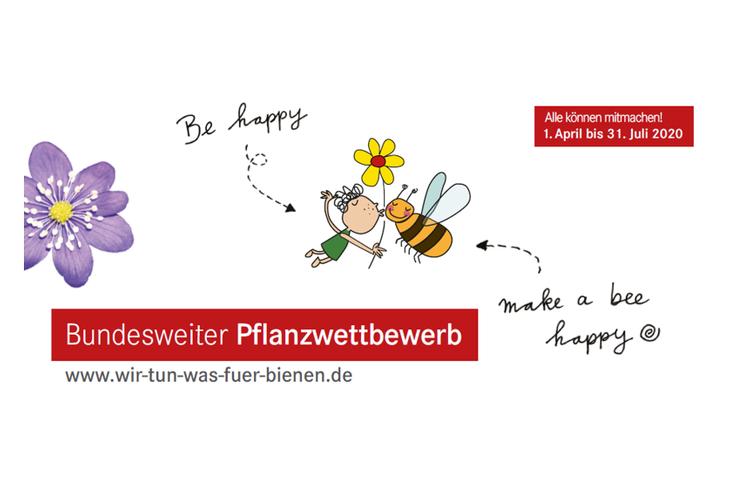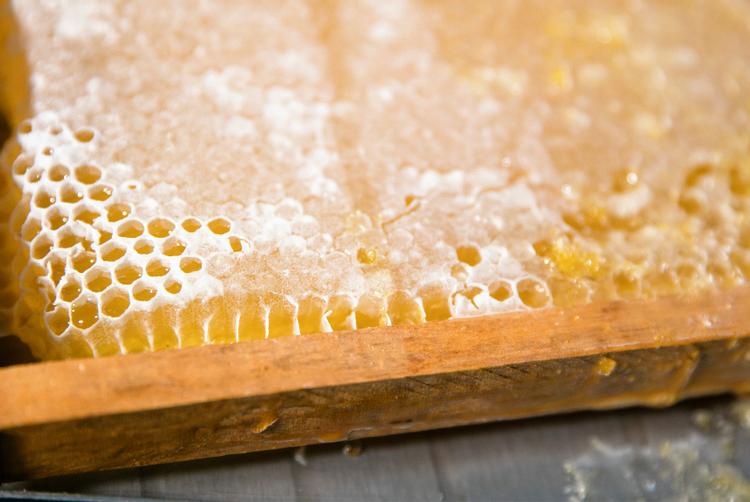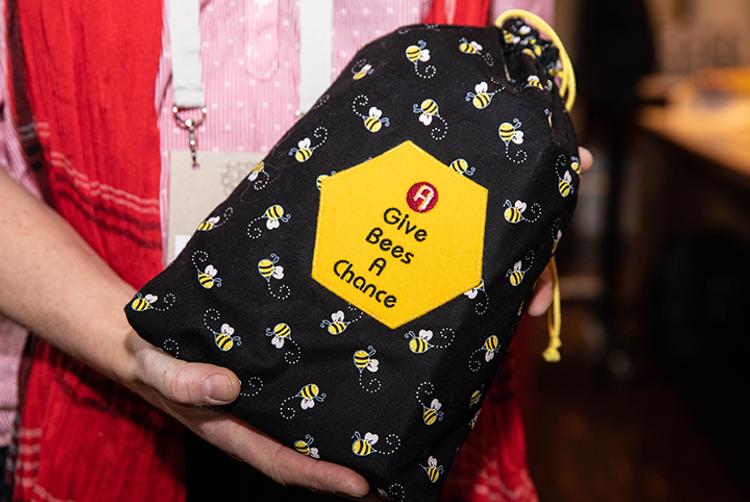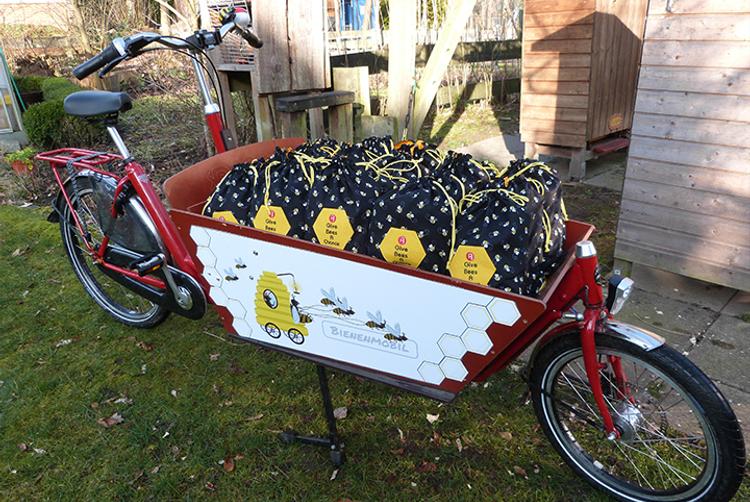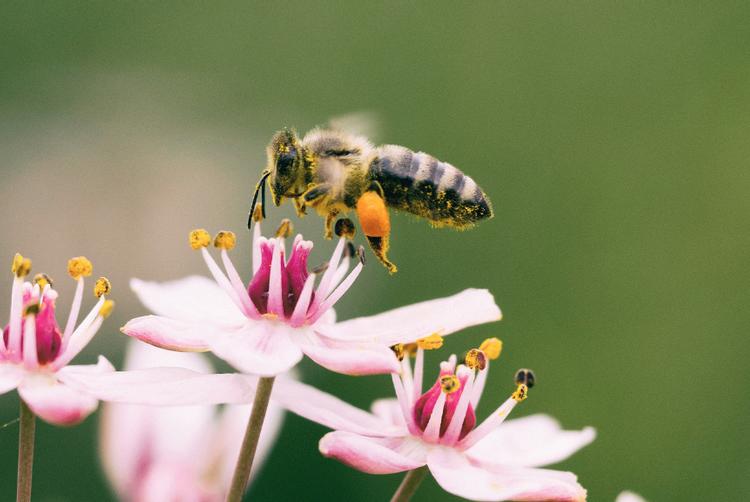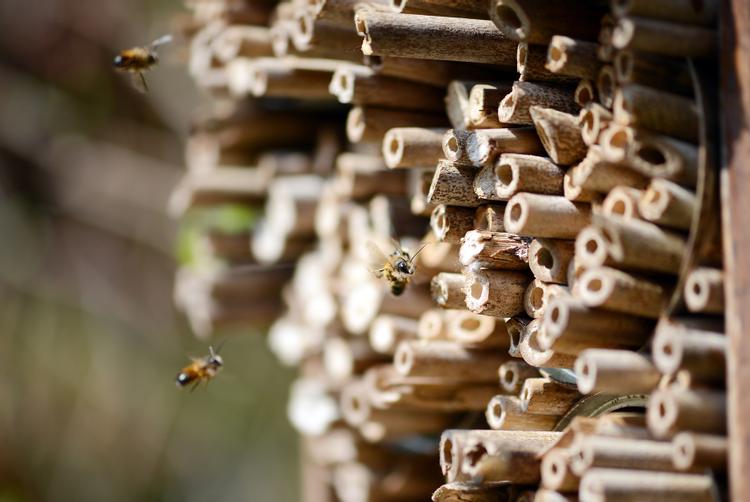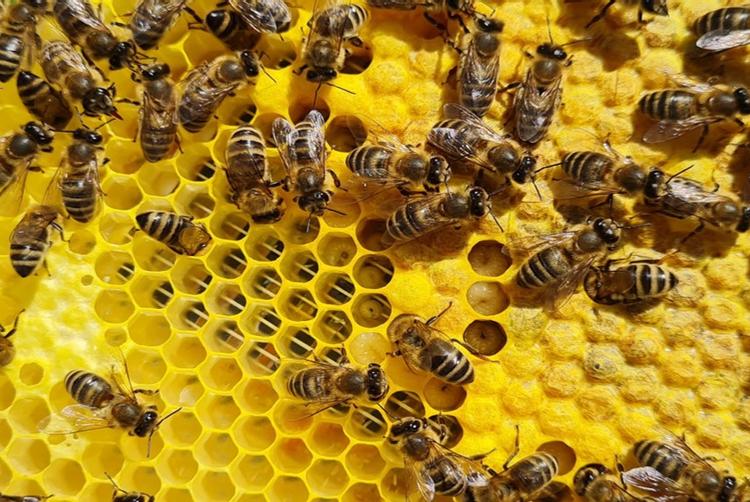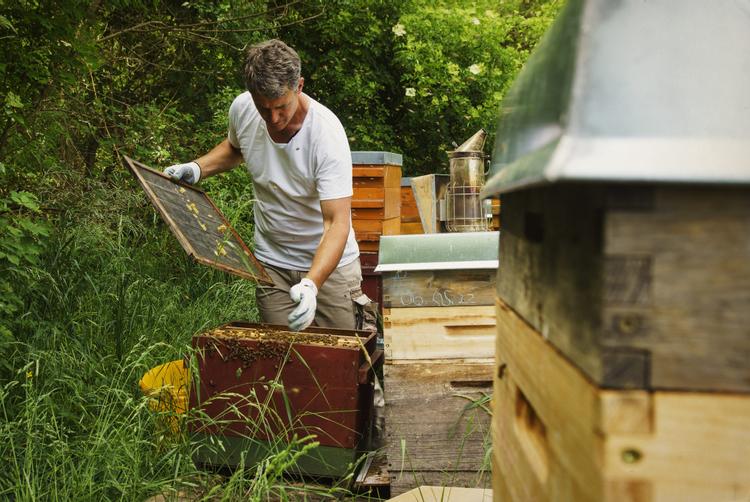Give Bees a Chance
We have a special passion for protecting bees. This is reflected in the "Give Bees a Chance" initiative, founded by ARCOTEL in 2015. What started as a small idea has grown into an impactful initiative that provides financial support each year to small and large projects in Germany and Austria, directly contributing to the preservation of the bee population.
Small steps, big impact – true to this motto, the initiative has continued to grow steadily.
Every hotel guest can take part – and many have done so since "Give Bees a Chance" began in 2015. If guests at ARCOTEL Hotels stay for two nights or more and voluntarily forgo room cleaning, the hotel donates to a dedicated fund.
We say THANK YOU to everyone who takes part!


